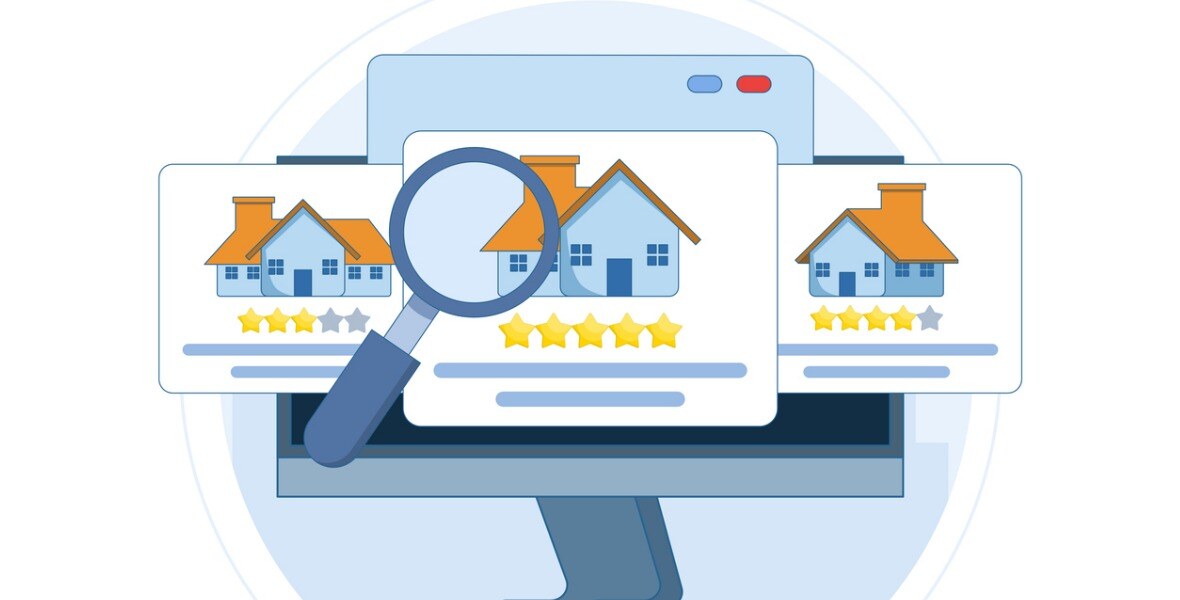The market for Airbnb houses and condos is likely to take a significant hit in the wake of a ruling earlier this year by the Tax Court of Canada, which held that the sale of a used residential property rented out on Airbnb is subject to HST on the entire sale price.
The court decision came in an appeal of a tax assessment by 1351231 Ontario Inc. The company is owned by brothers David and Dean Ross.
In February 2008, the company purchased a resale condominium on George Street in Ottawa. For the following nine years it rented the unit to tenants under long-term leases.
For the last 14 months of its ownership, the corporation leased the condo under a number of short-term leases through the Airbnb platform. The rental income was $11,200 in 2017 and $43,179 for the first two months of 2018. HST was payable on the rents for that period.
On April 11, 2018, the condo was sold to MLJFS Holding Inc. for $670,000. Neither the seller nor the buyer paid HST on the transaction, presumably treating it as a resale residential property, which would be exempt from the tax.
Sometime after closing, the minister of national revenue assessed the former owner $77,079.64 for HST payable on the sale of the condominium.
An appeal of the minister’s ruling to the Tax Court of Canada was heard by Justice Steven K. D’Arcy in September 2023. In his judgment released in March, the judge ruled that at the time the company sold the property, it was not a tax-exempt residential complex, since for tax purposes it was similar to a hotel, motel, inn, boarding house or lodging house. All of the condominium leases for the 14 months before the sale were for periods of continuous possession of less than 60 days.
As a result of the commercial rental operation during that time, the entire sale price of the condominium was not exempt from HST.
Although the ruling does not mark a change in the law, it does indicate that the Canada Revenue Agency is monitoring sales of Airbnb properties, and will not hesitate to pursue past and future sellers for 13 per cent of the sale price.
Mark Feigenbaum, a tax lawyer at KPMG in Toronto, told me that the result in this case was costly. He recommended Airbnb operators should always seek professional tax advice.
In somewhat of an understatement, his KPMG colleague, David Schlesinger, an HST expert, told me that this case will be a big surprise to a lot of people and will upset the market.
“I don’t think there is an easy way around this,” Schlesinger said.
The court’s decision, he suggested, “will discourage people from short-term rentals.”
The ruling in the Ottawa case serves as a warning to taxpayers to obtain sophisticated tax advice if they plan on changing property use from tax-exempt long-term rentals to taxable short-term rentals like Airbnb. Taxpayers who sell or who have sold Airbnb units are now on notice that CRA is watching them.
I reached out to Airbnb for a comment but it did not respond in time for publication.
Image credit: iStock/Getty Image
Bob Aaron is Toronto real estate lawyer. His column appears on this blog, Move Smartly, and in The Toronto Star. You can follow Bob on Twitter @bobaaron2 and at his website aaron.ca.
November 6, 2024
Legal |



